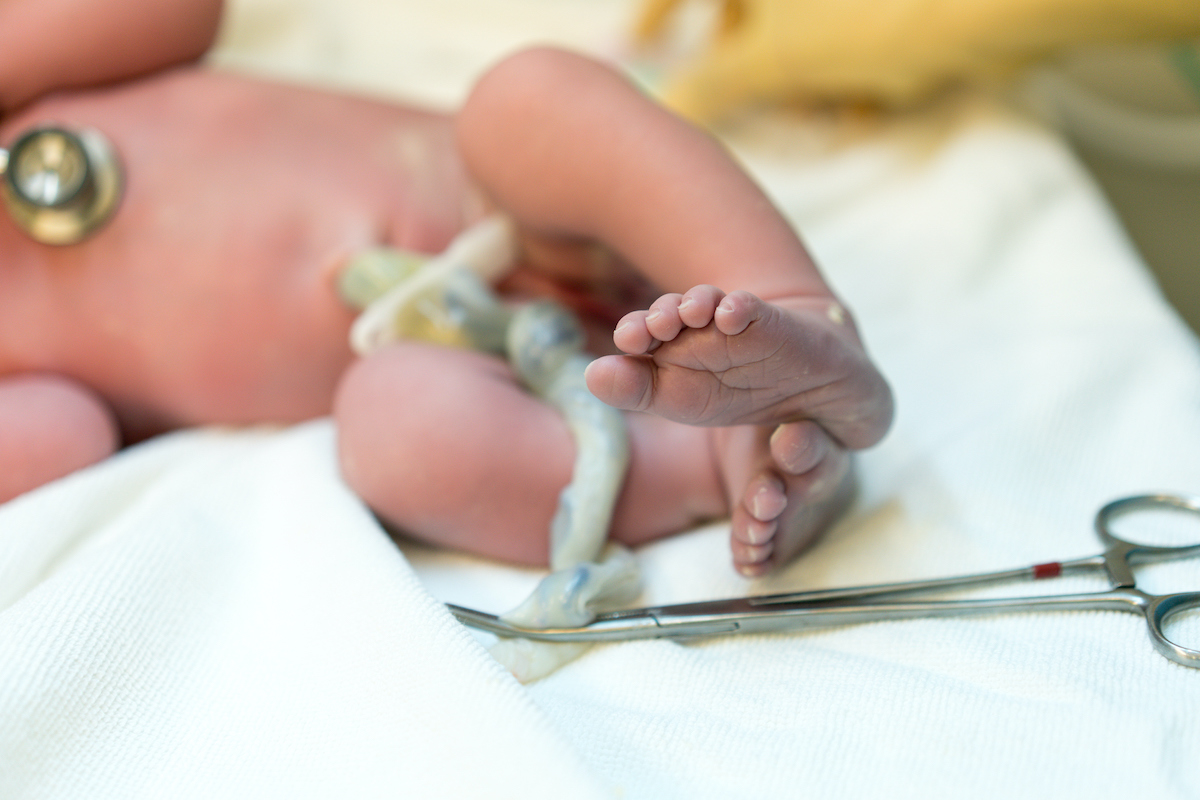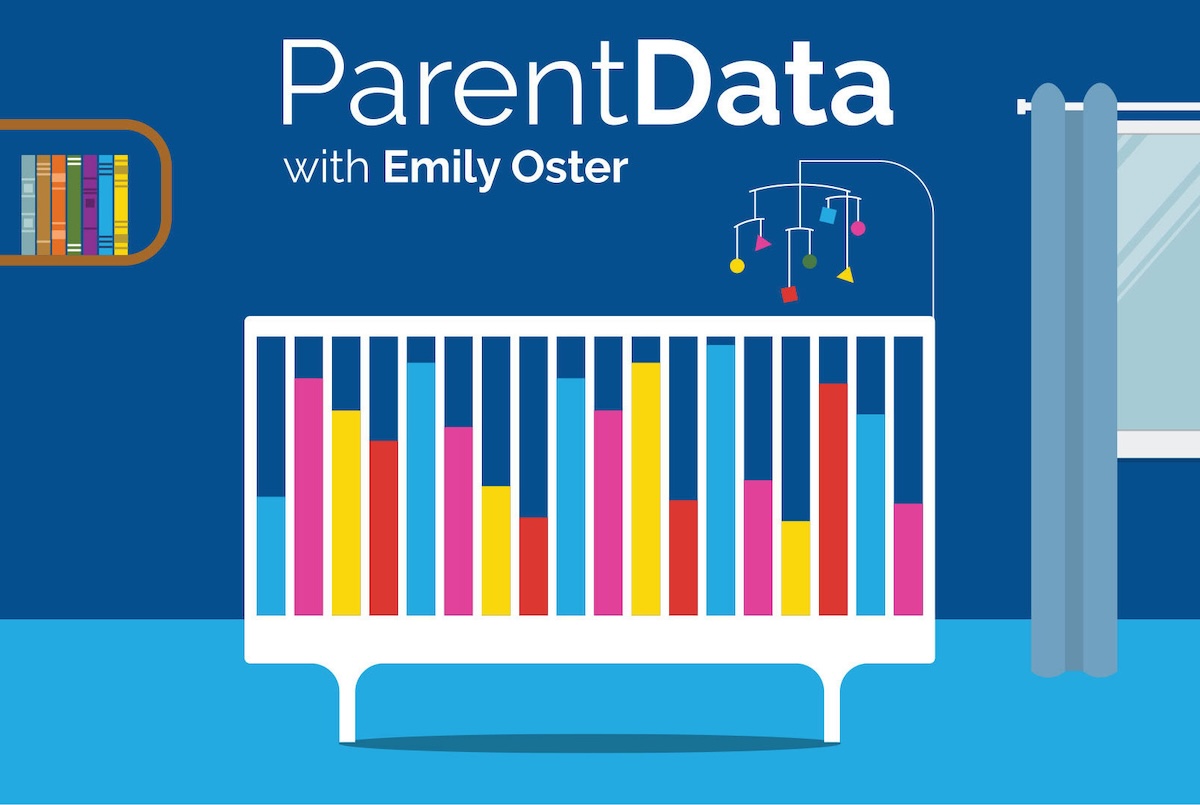I️’m in my early 30s. Should my husband and I️ have genetic carrier screenings completed prior to conception?
—Sarah
This is an interesting question, and one that is in some ways very new. To give a little background: A genetic carrier screening is a blood test that is given to the parents, typically before conception, to look for genetic mutations that are linked to illness. As you perhaps recall, we have two copies of each chromosome (other than the sex chromosomes), one from our biological father and one from our biological mother. Some genetic diseases occur even if you have only one copy of a particular genetic mutation — Huntington’s disease is an example — and these are called autosomal dominant.
Other genetic diseases occur only if you have two copies of the mutation; these are called autosomal recessive. In these cases, an individual can be a carrier of the disease — meaning they have one copy of the mutation — without knowing it. If both parents are carriers of a disease, then their child could have it if the child inherits both affected copies of the gene (there is a 25% chance of this happening).
Genetic carrier screenings are generally testing for this carrier status in both parents. If it turns out that you are both carriers of the same genetic mutation, then this poses a risk to a possible child and you might take other approaches to fertility. A quick note: Your age isn’t relevant to the screening results; your DNA is what it is, whether you are 25 or 45.
The carrier screening landscape has changed in the past few years. When I was pregnant 14 years ago, the primary carrier screenings offered were for cystic fibrosis and Tay-Sachs disease. Carrier screening now covers dozens of mutations, with more added all the time. On one hand, this means more useful information that might influence your family’s choices. On the other hand, in some cases the practical import of the information is unclear. Not all conditions included have obvious or immediate risks. This is to say: if you do undertake this screening, it’s important to plan to talk through the result with a genetic counselor or your doctor, to make sure you understand how the result may (or may not) matter.
If you find that you and your partner are carriers for the same mutation, there are options for fertility that could prevent your child from having the illness. Notably, IVF combined with preimplantation genetic testing (PGT) would allow you to test embryos before implantation.
There is no obvious choice here — this is really a decision that depends on your values and preferences as a couple. Hopefully the information above helps frame the decision.
Community Guidelines















Log in
I think it’s important to call out that you/your partner’s demographics here matter. If you’re part of a similar gene pool (e.g. ashkenazi Jews), it is much more likely that you’ll be carriers for the same diseases. In these situations, genetic testing and counselling should be encouraged more so than for the average couple.
One other thing to remember (as noted here) is that what they can test for is constantly being updated so if you do it now, you may have to do it again when you’re ready to have kids because the test could be broader (I had to do it again for my second child despite them only being 3 years apart). For cost reasons, I would wait until you’re ready to have kids then do the latest and greatest test.